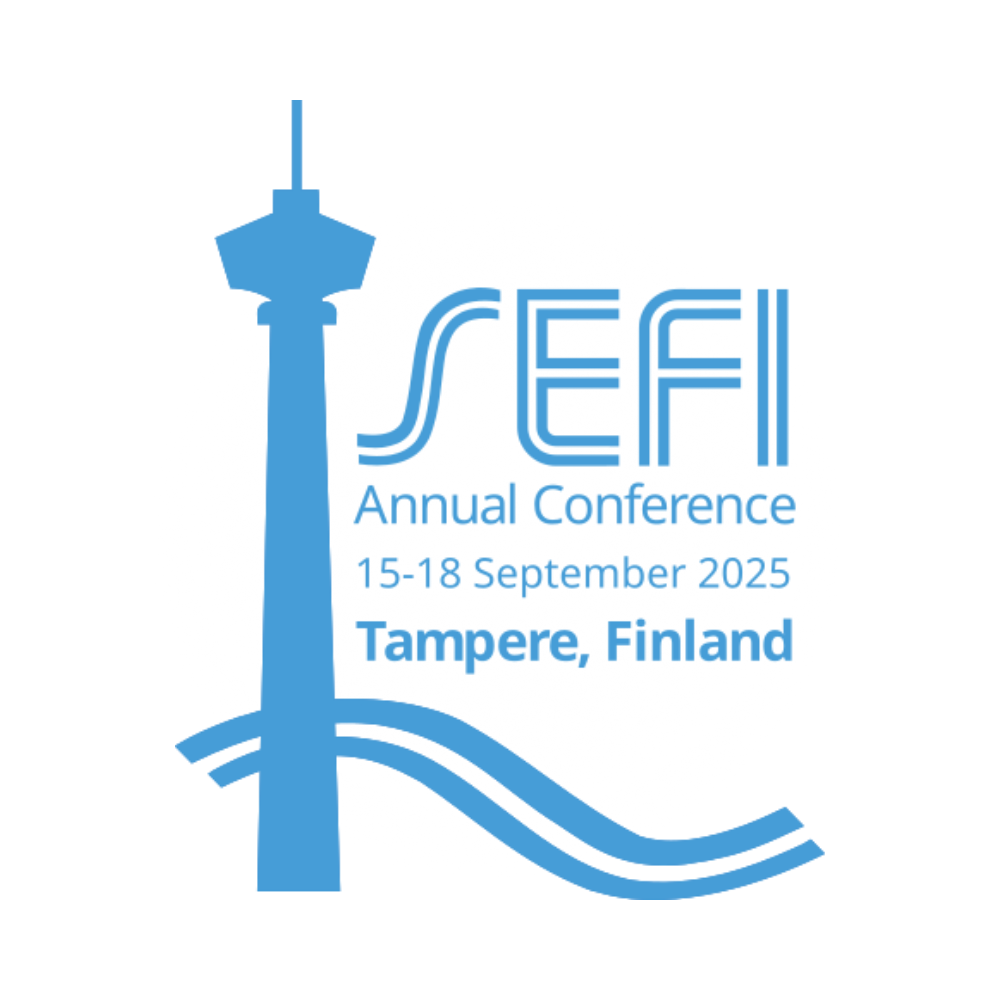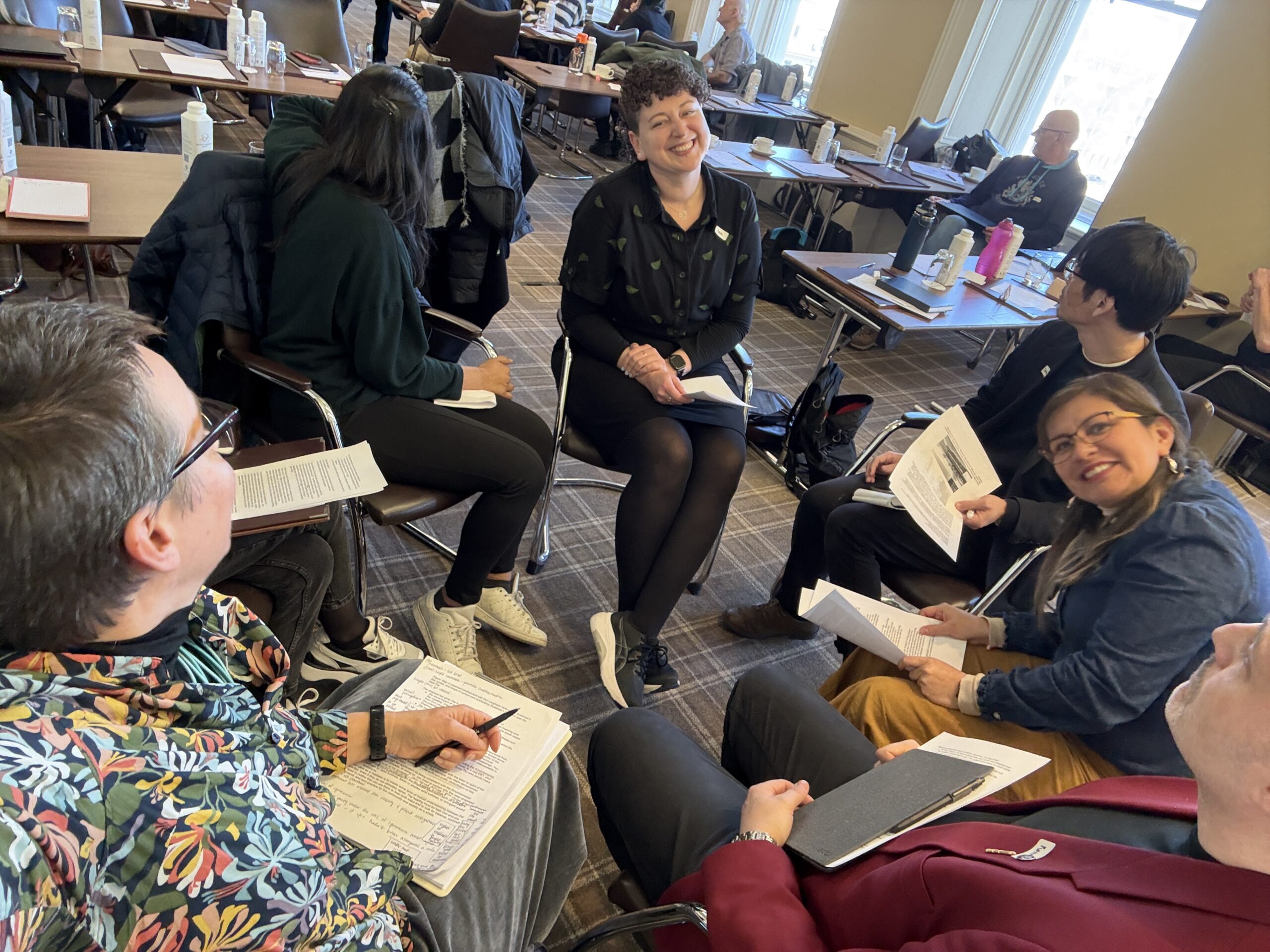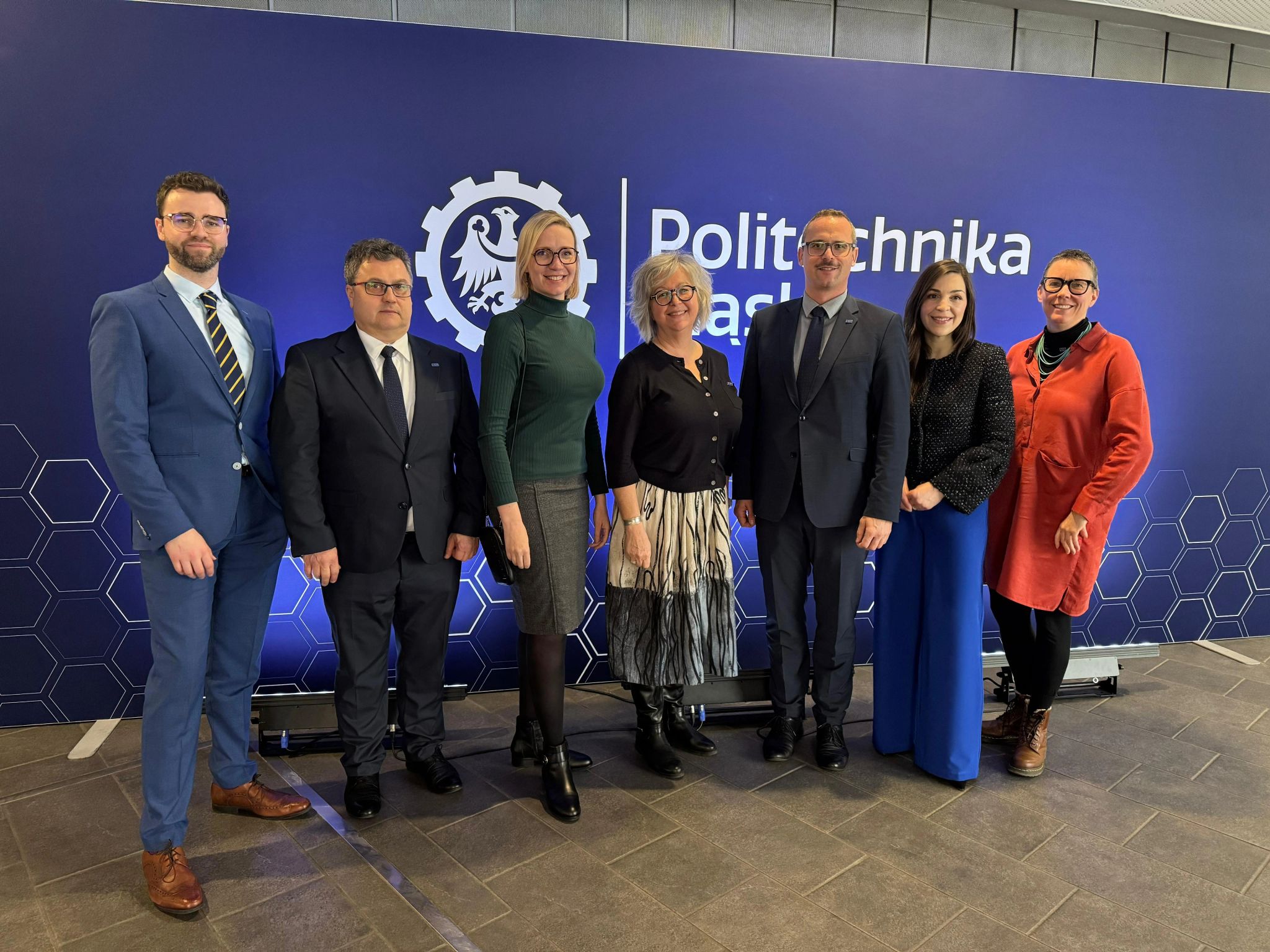We are excited to announce that registrations for the 53rd SEFI Annual Conference are now…
Xavier Fouger from Dassault Systèmes on Trends with Natalie Wint and Neil Cooke

To celebrate 50 years of SEFI, in season 3 we have spoken to experienced people in the sector who have witnessed and made significant contributions to the emergence of Engineering Education as a societally important global field with a growing body of global knowledge, and an increasing level of academic rigour. We should never forget its vocational grounding, and, accordingly, it seems fitting to hand over this final episode to Industry; SEFI Fellow, Xavier Fouger from Dassault Systèmes (https://www.3ds.com).
The rate of technological change means that, as engineering educators, we are constantly questioning what we should be teaching and how we should be teaching it. Some of these changes are exacerbated by long standing differences between industry (engineering practice) and academia (engineering theory). Xavier has worked at the interface of industry and academia through many of these changes. Dassault Systèmes, is a global leader for engineering education having led changes in engineering education across the globe. Xavier graduated as an industrial engineer and started his career at the French Embassy in Austria. He spent several years developing new digital processes to enhance collective innovation in the automotive industry and in 1990, he joined Dassault Systèmes. In 2003 he created Dassault Systèmes’ Academy, which supported skills in Product Lifecycle and 3D design. He manages corporate research on virtual labs, teaching co-creation in product innovation, crowd-based curriculum creation, realistic use of 3D in MOOCs, “flipped lab” and virtualization of textbooks and learning devices.
Xavier identified a series of key trends he has witnessed in engineering industry which educators should pay heed to over the coming decades:
- Remote Collaboration
Xaiver talks about the way in which engineers have gone from sitting in front of their drawing boards and are no longer co-located, this resulting in faster product development. He provides the example of Volkswagen who developed the Audi TT over three time zones separated by 8 hours. He speaks of how such work necessitates development of social skills and a mental attitude which can allow you to accept changes you did not make by people you have never met. It is difficult, he explains, for education institutions to create experiential situations to help students to develop such competencies. - Technician/Operation Innovation
Xavier explains that embracing the concepts of Industry 4.0 requires changes not only the way engineers work but also technicians, and operators, but that the division of education makes it difficult to synchronise and modernise learning content. All three must therefore align their ways of working on a new methodology that is not yet finally invented. Xavier speaks of attempts to concurrently reengineer engineering educational content to align it with the new method at the three levels by forcing the involvement of educators of the three levels, as well as researchers. This can be facilitated by financial encouragement from the government and the development of regional clusters focused on one industry sector. - AI, Simulation, Digital Twin, and Networking
Xaiver explains that the concept of the digital twin was pioneered by NASA when flying a spacecraft with astronauts. They always had a copy of the aircraft on the ground so that it could be reproduced, for example in the case of an issue or accident when they would be able to tell astronauts the solution. The digital twin allowed for many engineers to work at the same time. He describes the way the internet of things connects the physical object and digital representation. He goes on to talk about AI which he says has the power to elevate intellectual work of all stakeholders. - Generalised experiential learning
Xavier advocates for making experiential learning, whereby the context is extended, and the user considered, widespread. He proposes that in future such widespread changes to education occur more rapidly, this being facilitated by close collaboration between industry and academia.
Resources
The following references helped inform our discussion and may be of interest to you:
Jamison, Cassandra Sue Ellen, Jacob Fuher, Annie Wang, and Aileen Huang-Saad. “Experiential learning implementation in undergraduate engineering education: a systematic search and review.” European Journal of Engineering Education 47, no. 6 (2022): 1356-1379.
Hernandez-de-Menendez, Marcela, Carlos A. Escobar Díaz, and Ruben Morales-Menendez. “Engineering education for smart 4.0 technology: a review.” International Journal on Interactive Design and Manufacturing (IJIDeM) 14 (2020): 789-803.
I4EU handbook:
Assante, Dario, Marta Flamini, and Elpidio Romano. “Open educational resources for Industry 4.0: supporting the digital transition in an European dimension.” In 2021 IEEE Global Engineering Education Conference (EDUCON), pp. 1509-1513. IEEE, 2021.
https://pact-for-skills.ec.europa.eu/community-resources/publications-and-documents/key-competences-european-model-industry-40-i4eu-handbook_en#files


